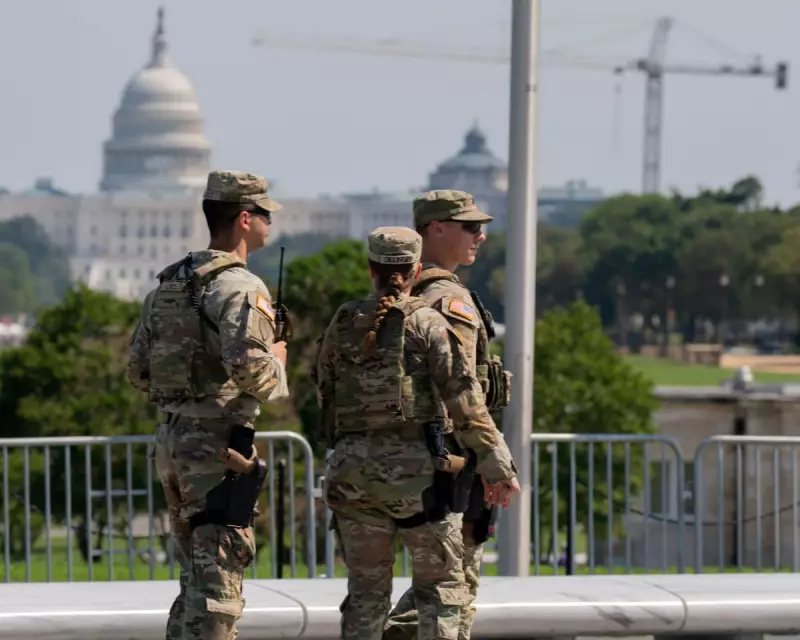
Washington DC was plunged into a state of high political alert on Monday as former President Donald Trump, now back in the Oval Office, made an immediate and seismic impact by declaring a formal national emergency over immigration.
The controversial declaration, announced from the White House, grants Immigration and Customs Enforcement (ICE) broad and sweeping new powers to detain and remove individuals. This move bypasses Congress and is set to redefine the landscape of US immigration enforcement, fulfilling a key campaign promise but igniting a firestorm of opposition.
Legal Battles and Immediate Backlash
As news of the emergency declaration spread, civil rights groups and legal experts were quick to condemn the action. Prominent organisations have already begun preparing lawsuits, arguing the move is a severe overreach of executive power and lacks a constitutional basis. Legal scholars are predicting a fierce and protracted battle in the courts, similar to challenges faced during Trump's first term.
The atmosphere in the capital is tense, with activists mobilising for protests. Security has been heightened around federal buildings, anticipating large demonstrations both for and against the administration's bold opening gambit.
A Divided Nation Reacts
The political reaction has split sharply along partisan lines. Conservative commentators and allies have hailed the decision as a necessary and decisive action to secure the nation's borders and restore order.
Conversely, Democratic leaders have accused the President of manufacturing a crisis to justify authoritarian-style measures, vowing to use every tool at their disposal to block the implementation of the emergency powers. The declaration ensures that immigration will remain the central, most divisive issue in American public life.
This dramatic return to power sets a confrontational tone for the new administration, signalling a presidency willing to test the limits of its authority from day one. All eyes are now on the judiciary as the nation waits to see if these expansive new powers will withstand legal scrutiny.






